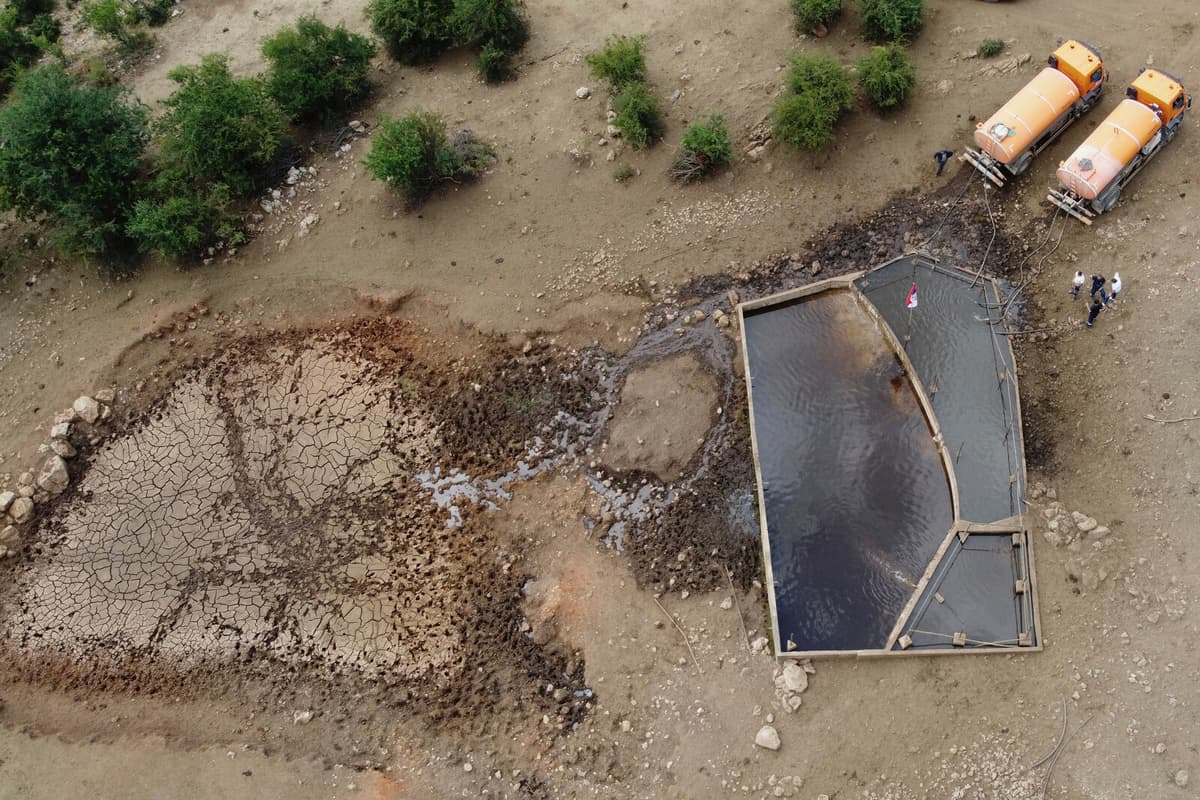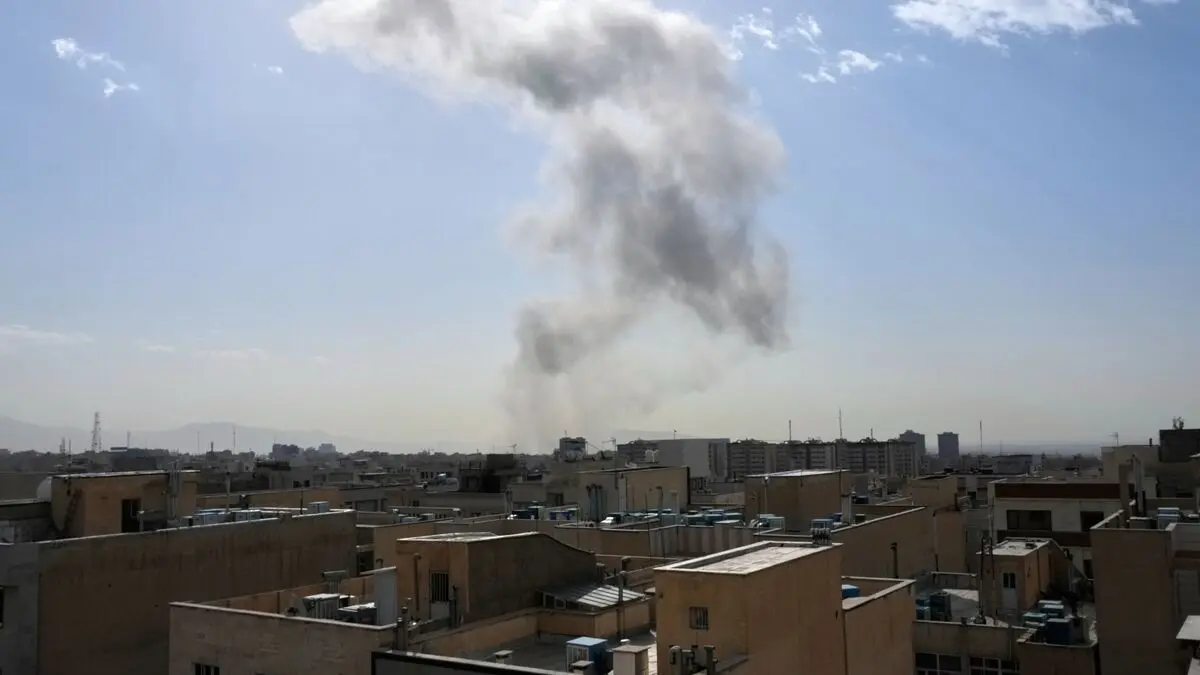Since May, drought has been plaguing the western parts of the Balkans. Large numbers of streams, rivers, and lakes are completely dried up. Water and electricity rationing are creating problems for agriculture.
In the Suva Planina area, farmers are testifying that cows, in panic, ran down the mountain in flight from the drought. Nikola Manojlovic feared for the lives of his cows.
We tried to dig new wells, but everything was completely dry. It was terrible, our animals had no water for three days. They just screamed, he says to AP
The temperature in Suva Planina has been around 33 degrees in recent weeks, often higher. Now, the authorities' oasis is giving the cows a temporary respite from thirst.
It has not rained since May 27, says Nikola Manojlovic to AP.
Heat over the Balkans
But it's not just Serbia that's struggling with the severe drought. Electricity production in Kosovo and Albania has been reduced due to water shortages.
In neighboring Bosnia, meteorologists are warning that the drought can cause severe damage to agriculture, and in Croatia, authorities have taken emergency measures after farmers warned that they risk bankruptcy.
In Hungary, Prime Minister Viktor Orbán has set up a working group to deal with the devastation that the country's agricultural sector has suffered after nearly a dozen weeks without rain.
Last summer, the Balkans were hit by a very intense heatwave. The temperature in the region broke several records and was around 40 degrees for weeks. Severe drought with fires, extensive power outages, and water rationing followed.
Worse heatwaves are coming
The EU's climate service has established that 2024 was Europe's, and the world's, warmest year since measurements began. According to research, heatwaves will become more frequent and intense due to climate change.
In Serbia, farmers are fearing that the harvest will be poor and have asked the government for financial support. After water was brought up among the mountains in Suva Planina, the local authority chief Milisav Filipovic can breathe a sigh of relief.
The immediate danger is over. Our farmers cannot remember it being this difficult ever. Here, people mostly cultivate for their own needs, this year has been extremely difficult for them, he says to AP.






